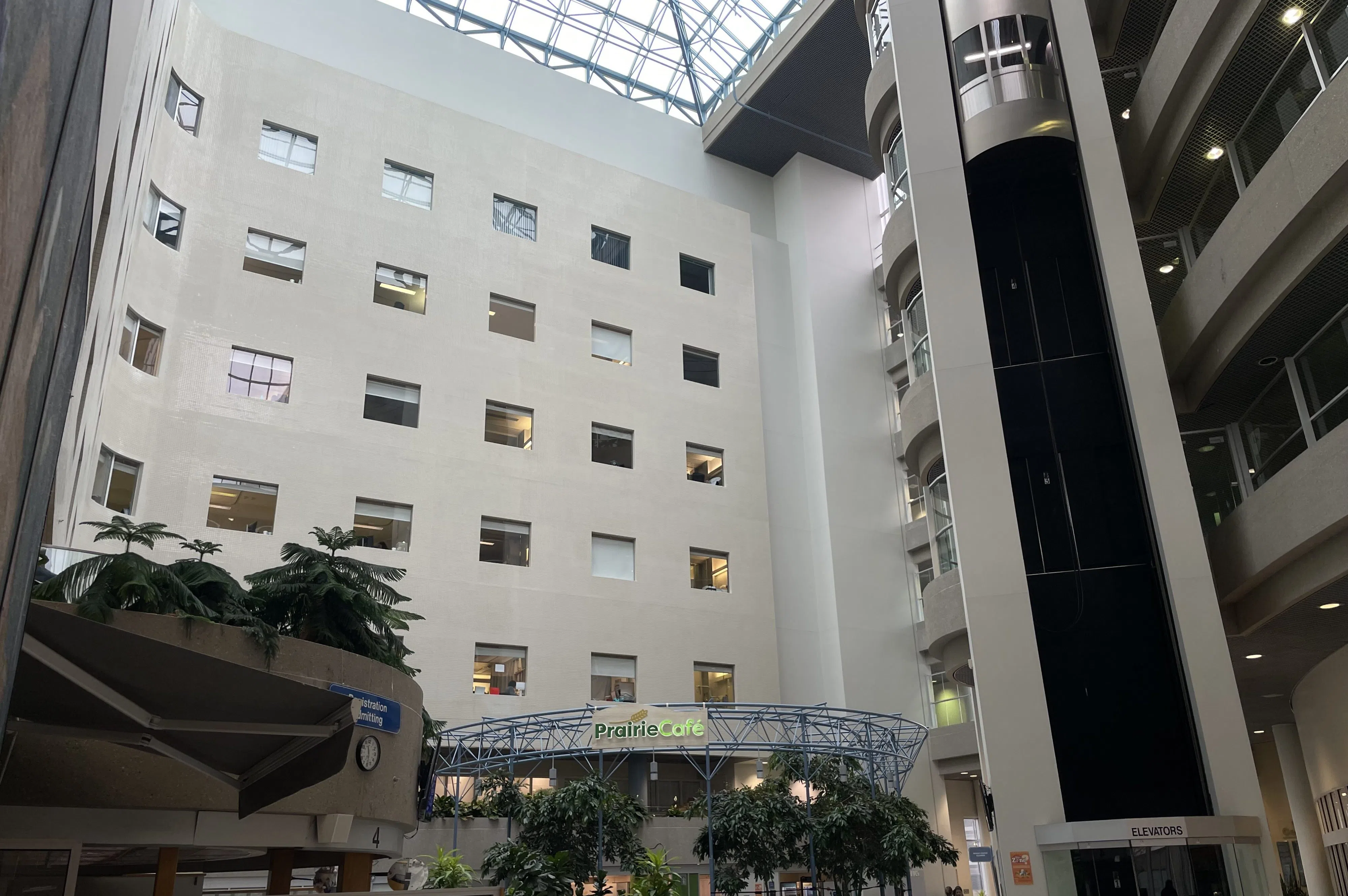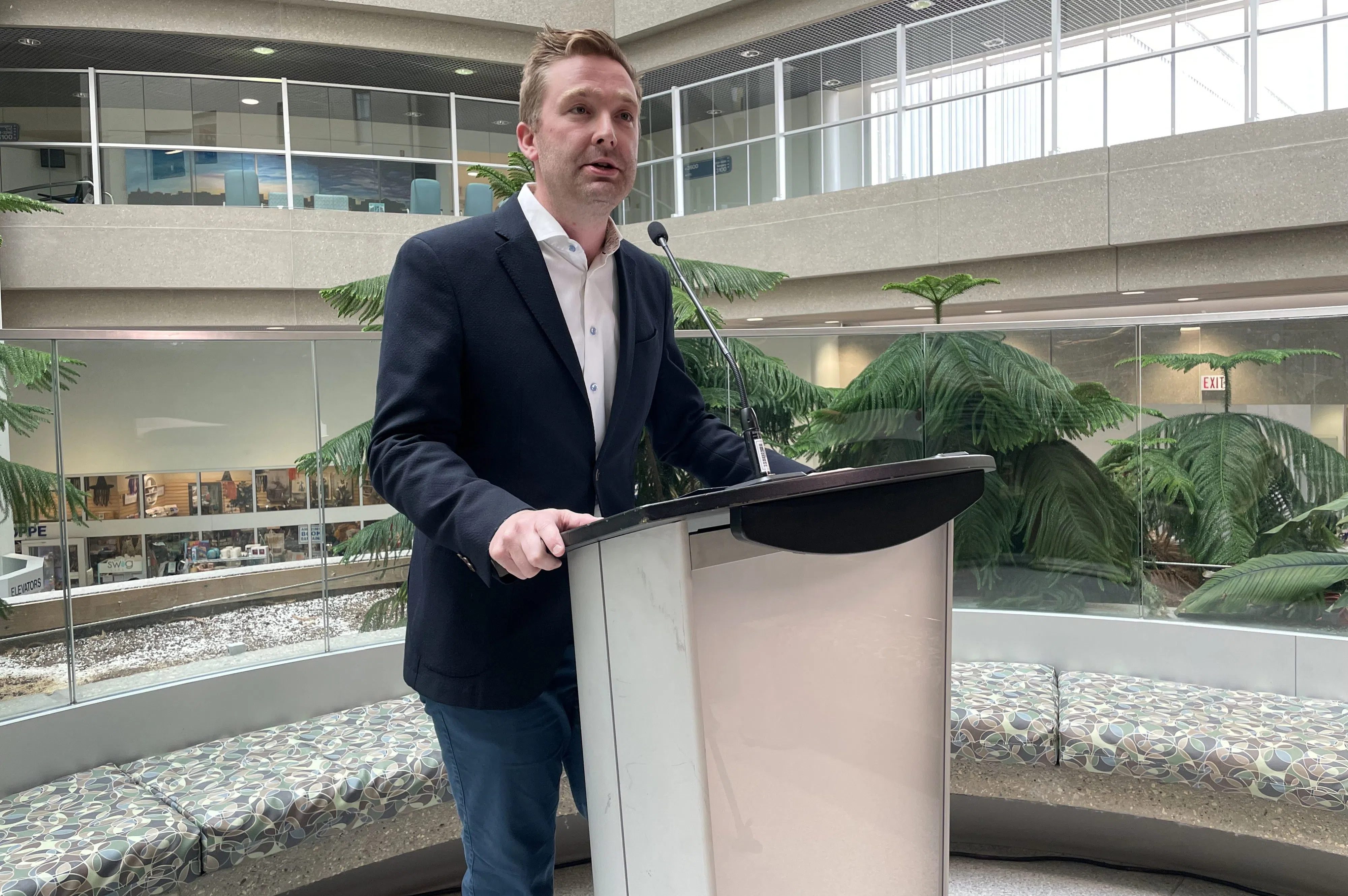There is a growing list of surgeries in the province that won’t require an overnight stay, due to an expanded partnership between the Saskatchewan Health Authority (SHA) and Surgical Centres Inc. (SCI).
On Tuesday, the two organizations announced they were renewing and expanding their partnership, which started in 2012.
Read more:
- Province says 92% of surgeries in the last year met wait-time goal
- Third AIMS roll out in Sask. health care sees payroll, scheduling issues
- Viral video at Saskatoon hospital reflects broader issue, nurses union says
In those 13 years, SCI has performed more than 181,000 procedures in Saskatchewan.
Before the partnership was renewed, SHA CEO Andrew Will said SCI offered a range of day surgeries, including ophthalmology, pediatric dental, urology, plastics and vascular surgery.
Now, those offerings have been expanded to include orthopedic surgeries, which require an overnight stay and gynecology procedures.
Health Minister Jeremy Cockrill said adding these two types of surgeries frees up hospital space, ensuring there’s room for patients with more complex needs and those who require overnight stays.
Currently, SCI operates two locations in the province: Prairieview Surgical Centre in Saskatoon and Regina Surgical Centre. There’s no plan to expand SCI’s offerings into other cities, yet.

Even with the expanded scope of SCI’s two centres, Cockrill said there are no plans to expand, yet. “In terms of improving access for people of this province to a surgery right now, the focus is Regina and Saskatoon, but we are not opposed to expanding that,” he said. (Marija Robinson/650 CKOM)
Cockrill said it’s going to call for more communication between the province and SCI to prevent capacity challenges in his response to whether keeping the same number of centres will result in a backlog in patients.
“I’m pretty optimistic with a long-time partner like SCI, that we’re going to be able to navigate any challenges that come and continue to offer more surgeries in the province,” he said, adding that it’ll be important to manage the workload of surgeons as those working in SCI are also staffed in hospitals.
The new contract is set for five years, with two one-year renewal options.
According to Cockrill, if the province ends up doing the full seven years, the cost will be roughly $177 million, or a little over $25 million a year.
Compared to the current contract, it increases the price of continuing SCI’s operations by about $10 million dollars more per year.
Cockrill said this increase in costs reflects the growing number of surgeries SCI performed, and also the rising costs faced by medical facilities.
Access matters
For Dr. Paul Murphy, Department Head and Clinical Professor of Ophthalmology at the University of Saskatchewan’s College of Medicine, SCI’s work has made a huge difference in his patients’ lives.
Murphy said that a lot of the work in his department involves cataract surgeries, and for many patients, having timely access to this procedure is about more than bettering their vision.
“It’s about safety, independence and being able to do the things that make life meaningful,” he said.
Without the operation, some patients struggle with everyday tasks, including driving and walking, because their vision is so bad.
“When surgery is delayed, their world starts to shrink. But, when they get timely surgery, life opens back up again, and that’s why access matters,” Murphy said.
The renewal and expansion of the partnership with SCI is part of the province’s strategy to complete 450,000 surgeries in the next four years, spanning from 2025 until the end of 2028.











